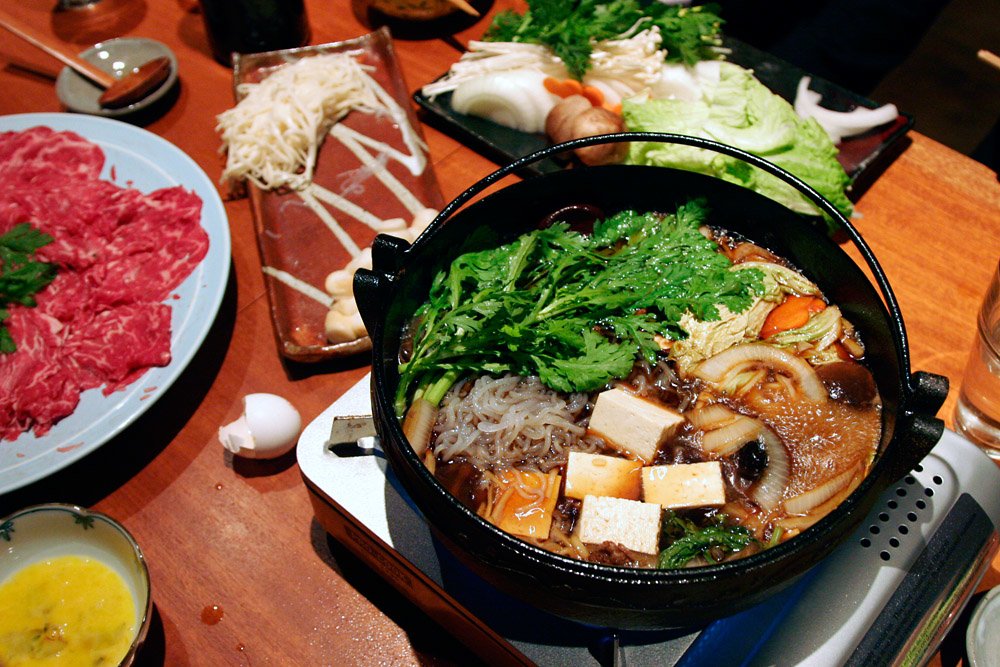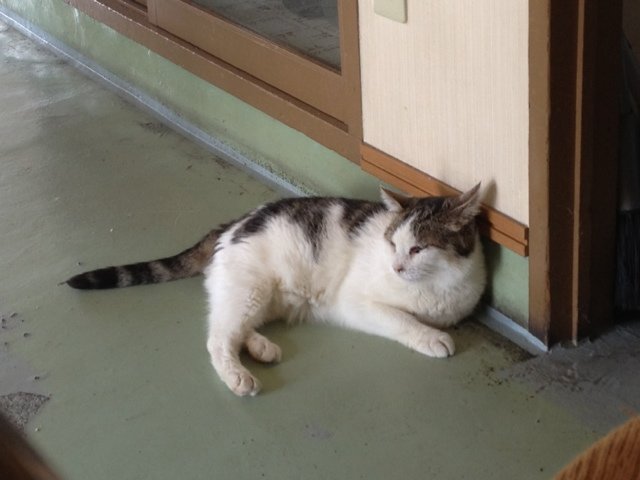Hello from beautiful San Diego! I’ve made the hop from Japan to my hometown, a journey of about 24 hours door-to-door. As usual, it’s great to be back home, where throwing back a Coors while eating Triscuit crackers feels downright exotic since it’s new and fresh to me. Well, on with today’s update…
I often write about how the Japanese language is “about,” an English word the Japanese use as an adjective to mean vague or imprecise. For example, the subject is often left off of Japanese sentences when the meaning is clear from the context, which creates the potential for misunderstandings in a love comedy anime series when a character confesses his love for another character by saying suki (lit. [I] like [whatever]) but must then pretend he was really saying he liked something completely different, like the octopus-shaped sausages in his bento. In addition to this built-in linguistic vagueness, there’s a whole class of complex Japanese words that seem to defy easy definition. Like the concept of wabi-sabi I wrote about recently, the “elegant refinement of simplicity” which is used to describe everything from the austere beauty of a tea garden to dilapidated buildings from the Showa Period. Or giri and ninjo, twin words that roughly describe the sense of duty a person has towards his group and the conflicting desire to treat others with kindness and humanity even if it goes against one’s duty. These terms are bandied about quite a lot in Japan, yet most people probably couldn’t define very well if asked to do so.
I sure love…sukiyaki.
















